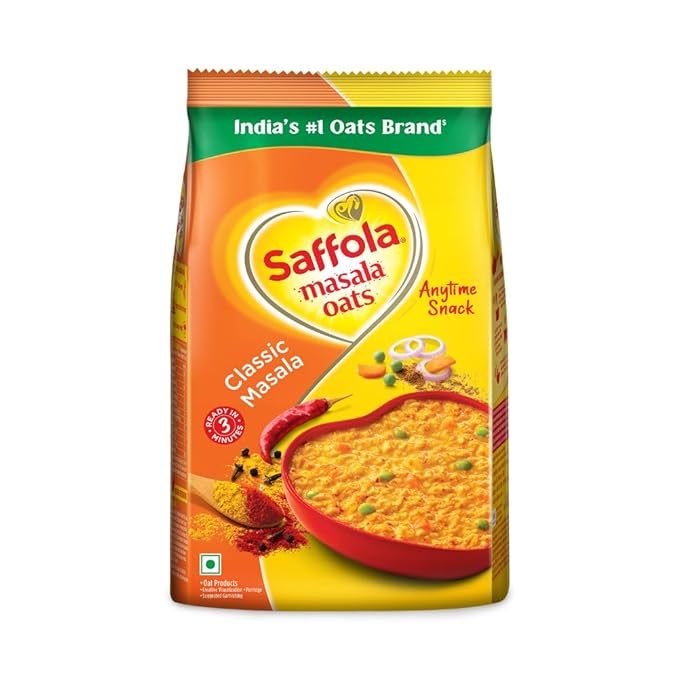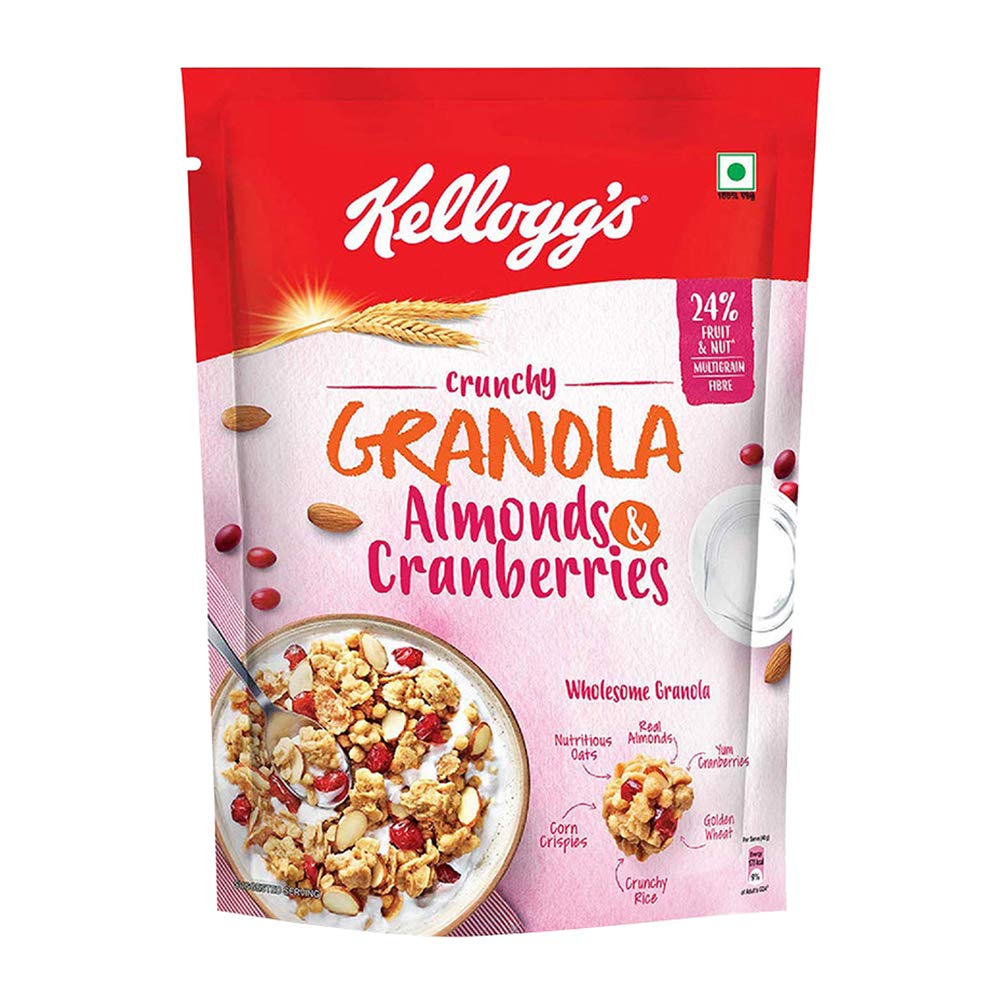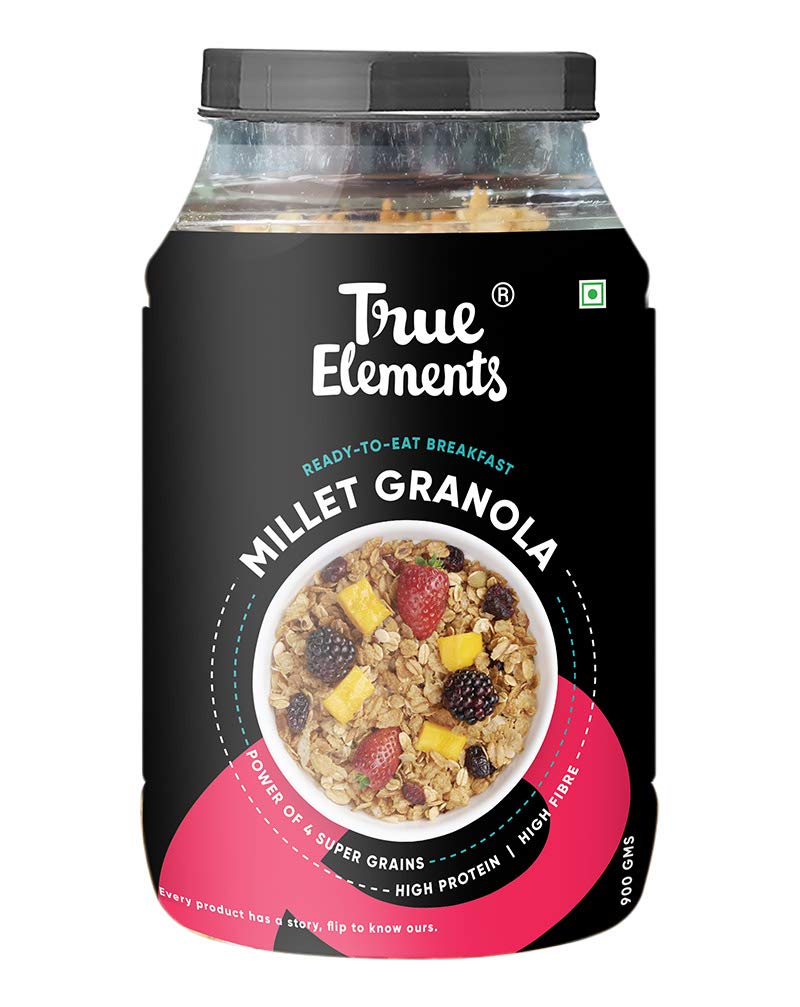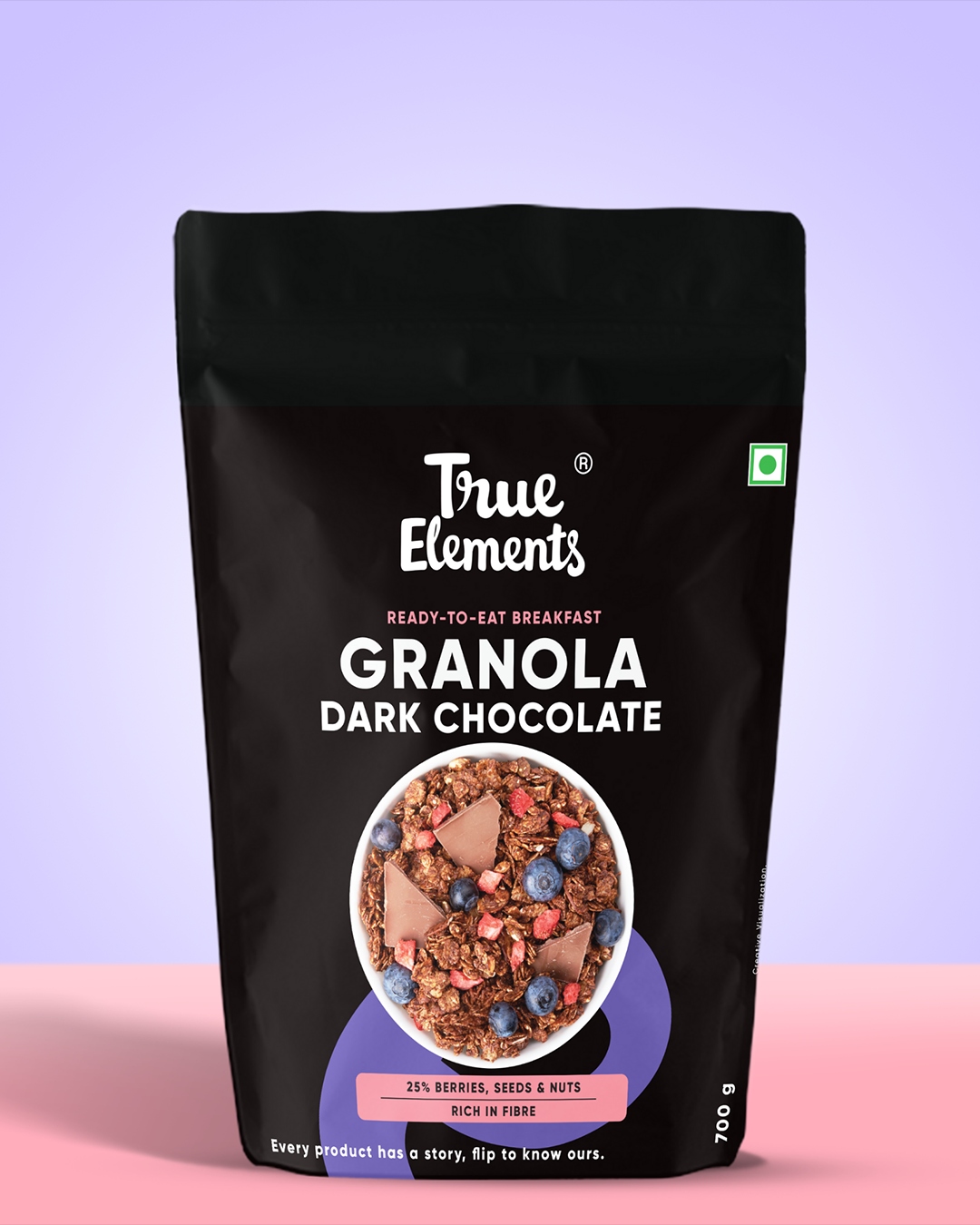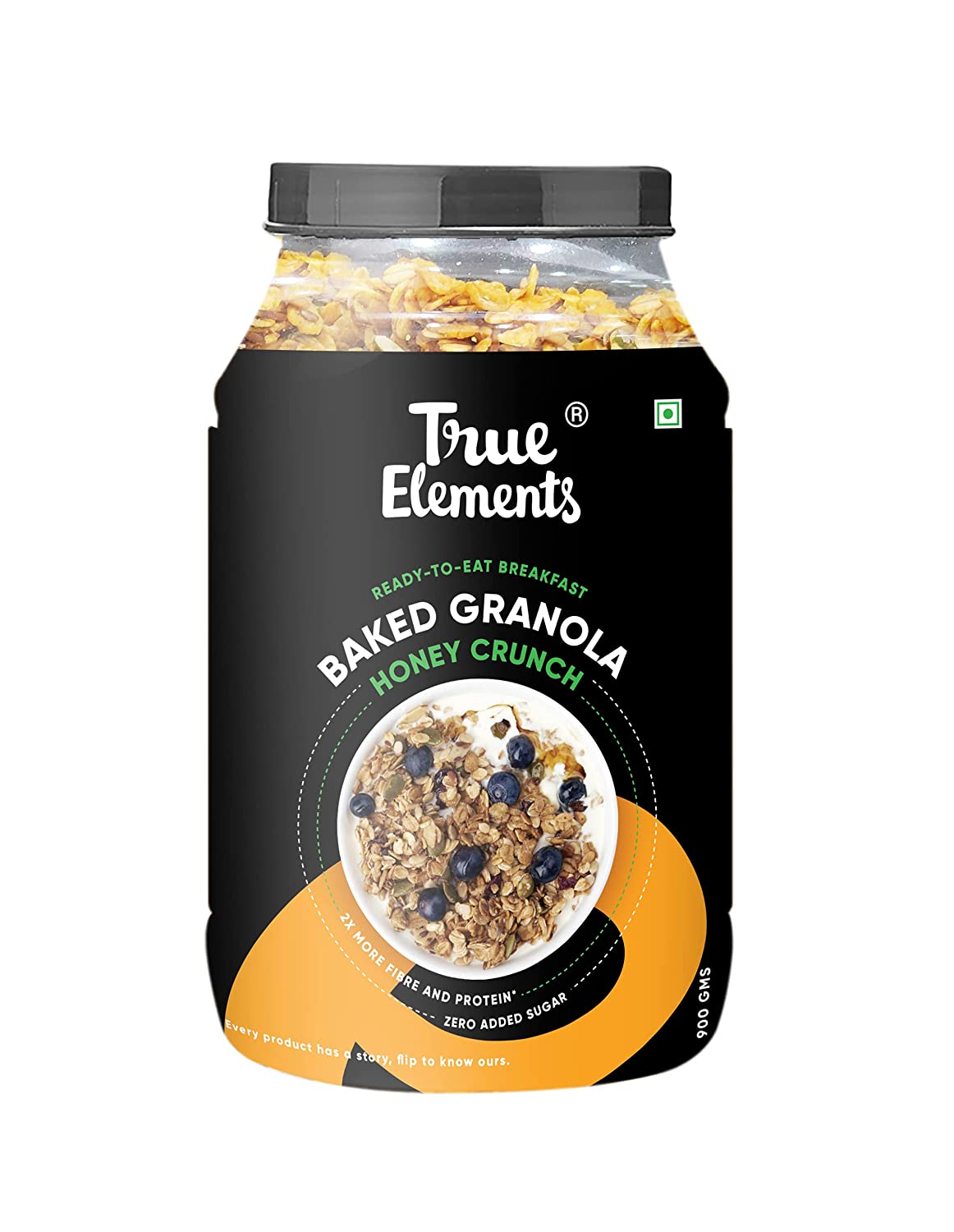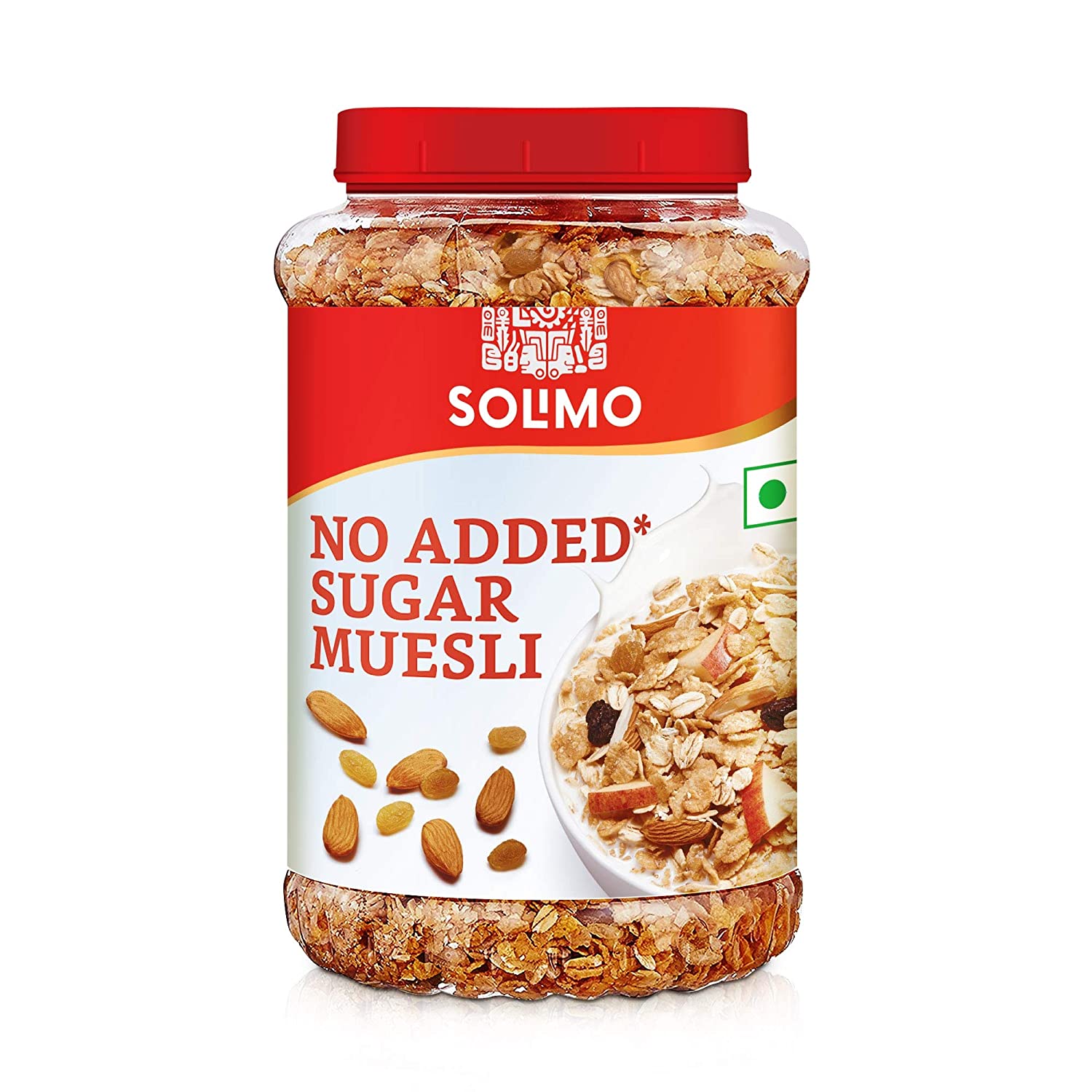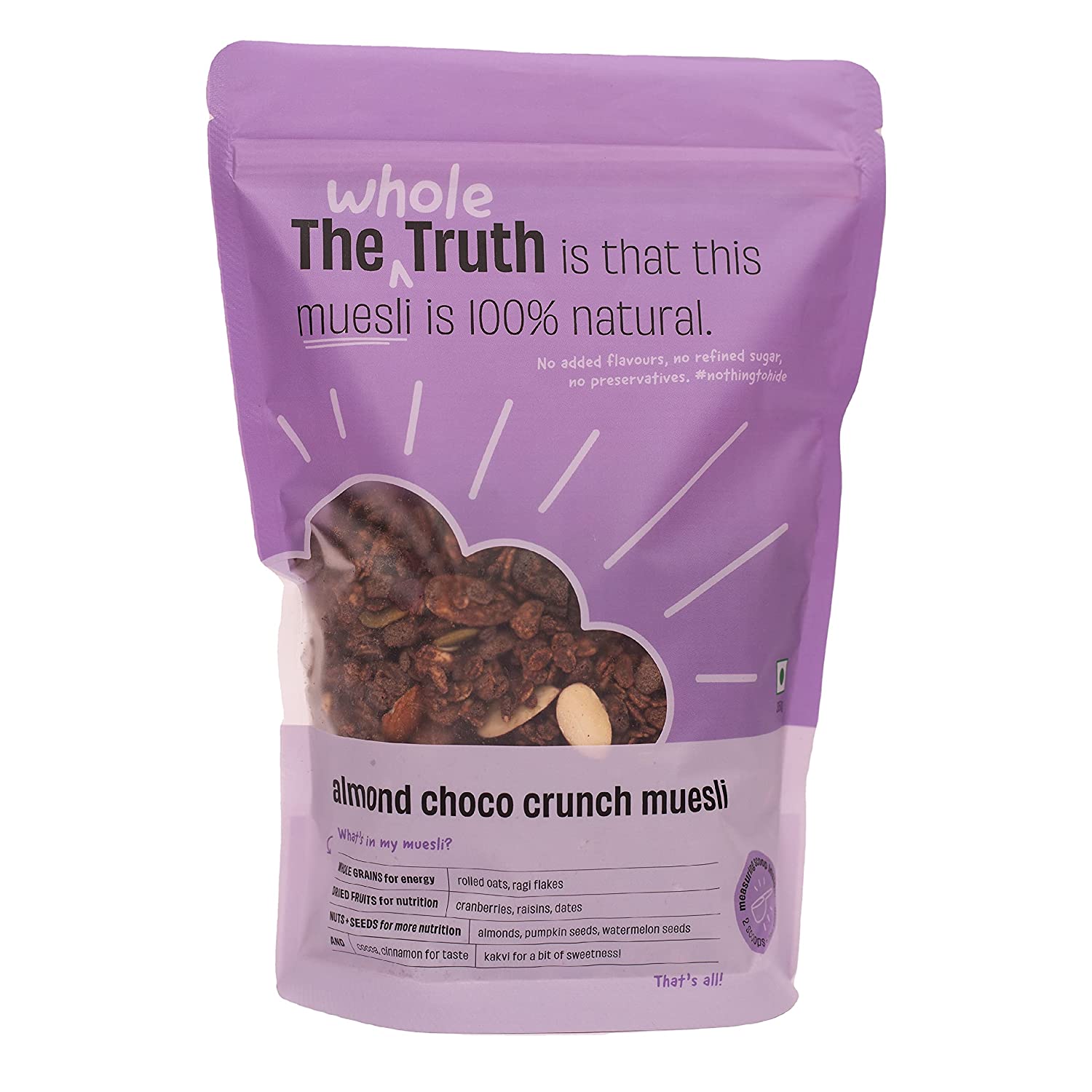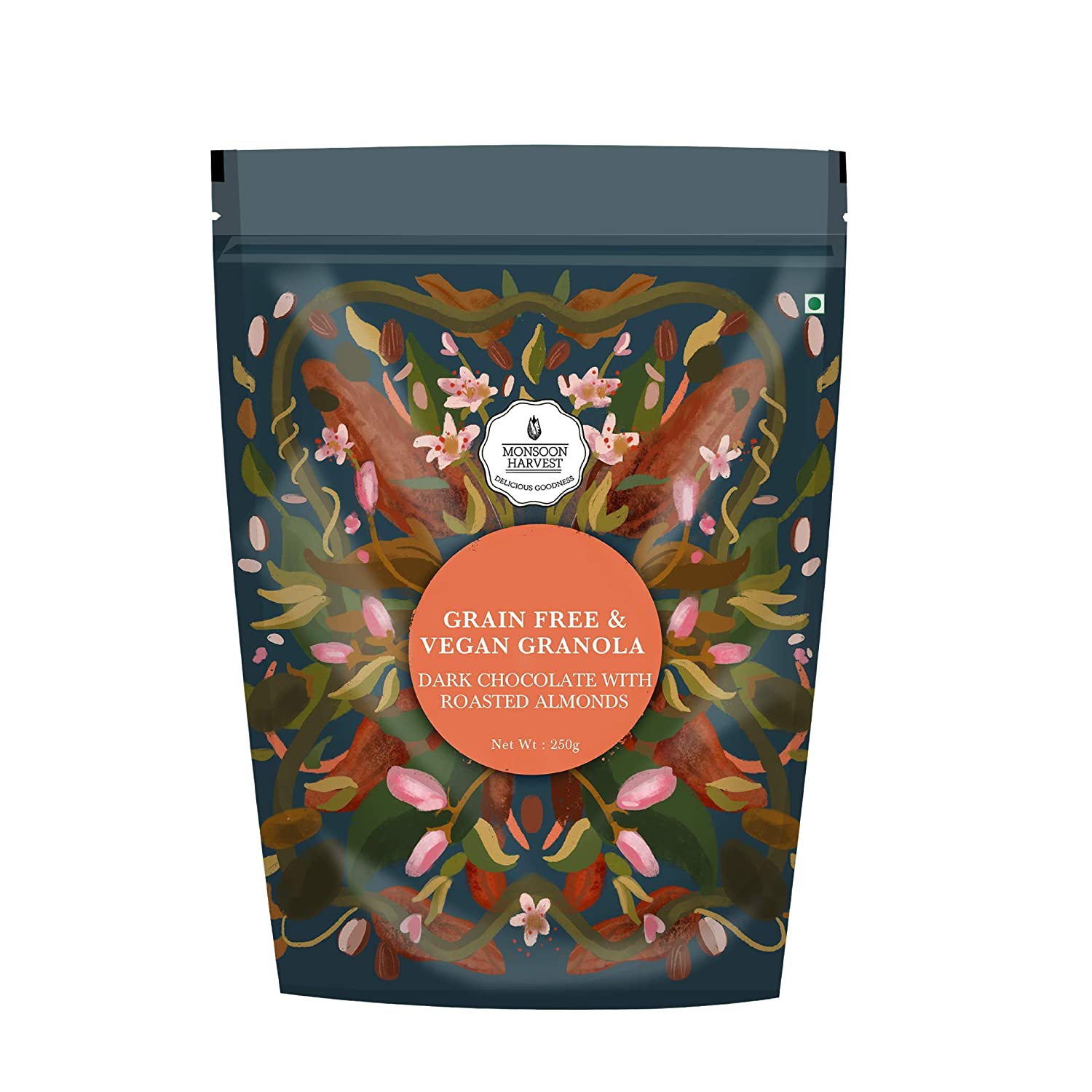Trans Fat
Macronutrient
Last update date: October 11, 2023
Trans fat has certain chemical properties and is found in processed foods. It is one of the unhealthy fats and food products shouldn't contain any of it.
Frequently Asked Questions
1.
What is Trans Fat?
Trans fats are unhealthy dietary fats created through partial hydrogenation of oils. They pose a significant risk to your health, especially in relation to heart disease. There are natural trans fats found in meat and dairy from ruminant animals, and artificial trans fats formed by chemically altering vegetable oils. While moderate intake of natural trans fats seems safe, artificial trans fats are hazardous and should be avoided. Read food labels, avoid products with partially hydrogenated oils or trans fats, and choose foods with healthier fats.
2.
What is positive impact of Trans Fat?
Trans fats have no known positive impact on health. However, it is important to note that naturally occurring trans fats from ruminant animals, when consumed in moderate amounts, do not appear to be harmful. Conjugated linoleic acid (CLA), a type of natural trans fat found in dairy foods, butter, lamb, and beef, is being studied for potential health benefits. However, more research is needed to support its use in supplements or fortified foods.
3.
What is negative impact of Trans Fat?
Consuming trans fats has negative effects on your health: 1. Increased Heart Disease Risk: Trans fats raise bad cholesterol (LDL) and lower good cholesterol (HDL), increasing the risk of heart disease, heart attacks, and strokes. 2. Higher Type 2 Diabetes Risk: Trans fats are linked to insulin resistance and an increased risk of developing type 2 diabetes. 3. Fatty Liver Risk: Regular consumption of trans fats can contribute to fatty liver disease. 4. Inflammation in Overweight/Obese: Trans fats may increase inflammation in overweight or obese individuals, worsening health issues. 5. Possible Cancer Risk: Some studies suggest a potential association between trans fat consumption and certain types of cancer.
4.
Who should avoid Trans Fat?
It is advisable for the following groups to avoid or limit their consumption of trans fats: Individuals looking to lose weight People with diabetes Those leading a sedentary lifestyle Individuals with existing heart conditions
5.
What are common sources of Trans Fat?
Trans fats are commonly found in various processed foods, including: Cakes and pastries Cookies and biscuits Processed foods like chips and fried snacks Commercially packaged baked goods Some margarines and spreads Deep-fried fast food items Certain brands of packaged cereals


